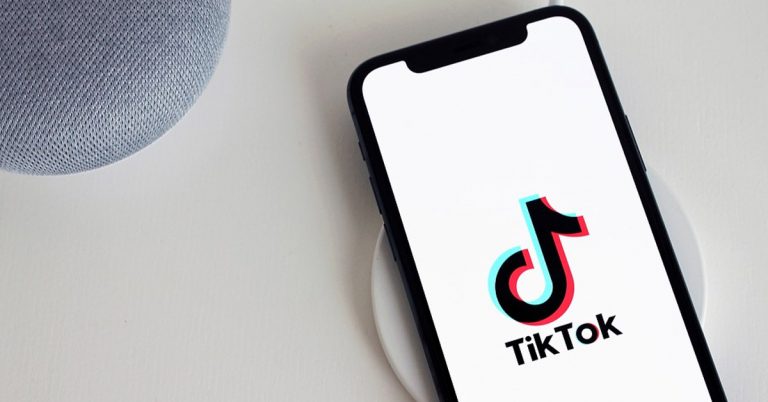Can You Own a Website Anonymously?

Most of the people who grew with cell phones and laptops at their disposal will tell you that over-sharing personal data and information on websites these days is okay and normal. The older generation, however, does not entirely agree with this. If you have been a student in a cyber-threats course then you have somehow encountered how websites operate and how they can be created.
It’s quite possible to own a website anonymously these days. If you wish to own a private website, there are different platforms you can take advantage of for this purpose (like Fortinet and Cisco).
Simply hiding your name won’t do a trick, it will help, but you need to do more to get a fully anonymous website. In this article, we are going to have an in-depth discussion about if you can own a website anonymously, how hard it is to be anonymous, and how to hide ownership of a website. So read on to find out more.
Can You Own a Website Anonymously?
Yes. To own a website anonymously these days is easy. This however shouldn’t be a motivation to carrying out online attacks on the internet. As much as your privacy is guaranteed, hosts of private websites can be subpoenaed and forced to reveal information about their users.
Creating an anonymous website is easy. The steps you are required to follow are:
1. Registration
You should choose an appropriate name for your website before registration. Register your website through a private domain (host). For some hosts, this is a service they are rendering to you; you have to pay some money for their services. Sometimes, you need to go anonymous because you want to air out some issues which may differ from your employer or other individuals and still want to keep your profile undetected.
These private hosts will hide your identity (your name and related personal information) when the domain is queried.
2. You have to purchase web hosting services.
Some hosts use Virtual Private Networks, VPNs. The VPNs are used for safe internet searching and will protect your website from cybercriminals. Even though they will grant you some online activity privacy and anonymity, they do not offer anonymity for your private website.
Before making purchases of the web hosting services, make sure to get all information from the vendors about how they will help keep your identity a secret.
3. Content creation for your website.
If it’s your first time, you may find it quite difficult and you may be forced to seek help from a trusted friend. Most people get the idea of creating an anonymous website wrong. Your website’s content should not provide any clues whatsoever regarding the ownership of the website.
4. Reviewing your data or image files that may reveal your identity.
If you reach this stage it means that you have had success in creating your website from scratch. Posting information that is somehow personal will expose your identity. Your recent online activity is all that will be needed to expose your identity.
It’s recommended that you opt for vendors (hosts) that offer zero file knowledge storage. For instance, you could check out SpiderOak or Protonmail as your hosts. We however do not endorse these vendors and encourage that you do your research before deciding to use their services.
How Hard Is It to Be the Anonymous Owner of a Website?
Honestly, it’s hard being an anonymous owner of a website. Most of the people who have tried this and failed will tell you that it’s not the hosts that will reveal your identity. Instead, your identity is likely revealed through the Domain Name System, DNS. The system records all your information including contacts and email addresses during registration. Private hosting services from the host will thus help keep your information discrete in case of any queries.
Privacy isn’t always guaranteed because of a simple reason- almost all the hosts require payment for their services which need you to pay via credit cards. This can be easily traced back to you. Besides, it’s difficult to get hosts that render their services for free not unless they are operating outside the US. Before setting up your website, you should be aware that your identity may be accessed via;
- The WHOIS data from the domain registrar. WHOIS, commonly referred to as “who is” is a tool used for querying databases that store information about domain users.
- The hosts’ financial records (credit cards and other modes of pay)
- Your email address.
- The Google Analytics Tool
How Do You Hide Ownership of a Website?
You may find this confusing but you should not be discouraged. There are several ways in which you can register a domain and at the same time buy a hosting service that will keep your information private. They include;
- Use of an anonymous registration service for your domain registration
- Use of an anonymous hosting service that enables you to create a pseudo account
- Use of services that do not have a direct link with your credit cards
- Registration of a domain with a country that doesn’t answer to yours in case they request information.
However, the downside of all this is that in case you decide to register with domains from other countries, you are likely to fall into the hands of scammers without knowing. Besides some domains engage in malicious activities and which may steal your information without your knowledge like through phishing attacks. In addition to that, the local authorities in those counties are likely aware of these domains and hence your identity won’t entirely be kept a secret.
You should be always vigilant about using 3rd party services that can potentially reveal your identity. Instead, choose a unique nickname that won’t show up in your search engine results often and watch your online postings. Doing all this will help you hide your identity and ownership of your website online.
To sum up, if you really would like to own a website anonymously, follow the tips stated above. You should, however, never use the website for malicious purposes.






